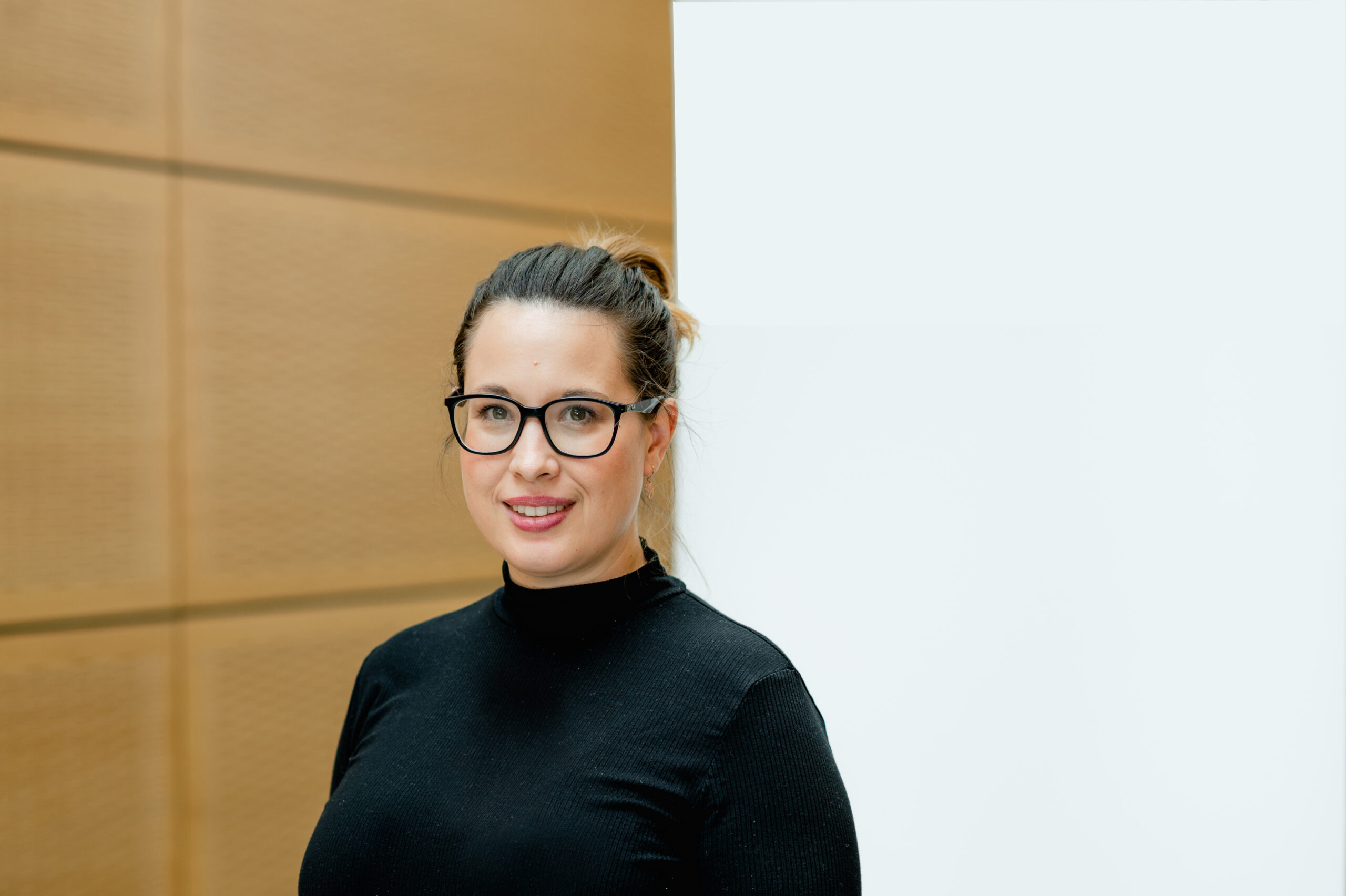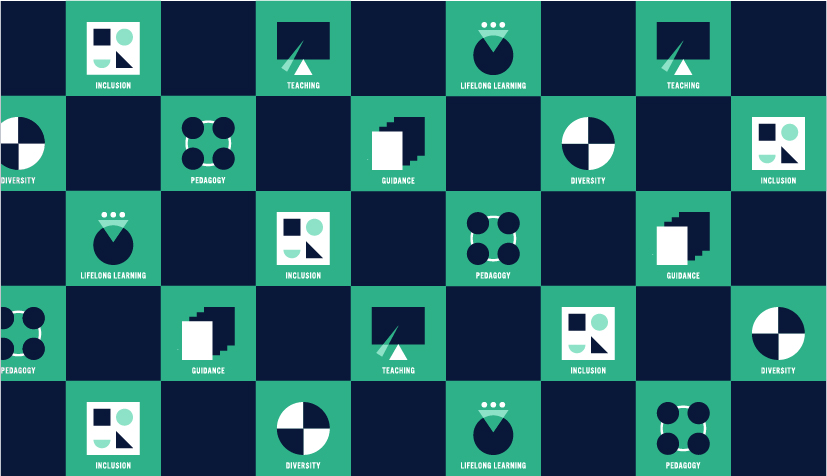A glimpse into our research

Social, Educational and Cognitive sciences
In our department, cognitive scientists focus on fundamental functions, trying to understand the mechanisms of human learning while educational sociologists adopt broader view to relate individual learners to society. They work closely with Educational scientists who apply and develop theories to understand processes of learning and teaching.
Our department in numbers
-
54Staff members
-
6study programmes
Latest news
-

Discover new study programmes for the 2024-2025 academic year
Education, UniversityComputer Science & ICT, Engineering, Humanities, Law, Life Sciences & MedicineLearn more -

